2024 DRI Annual Conference
Economics after Neoliberalism
Date: Monday, March 25, 2024
Time: 10:00am - 12:00pm Eastern Time (doors open at 9:30am)
Location: Eisner & Lubin Auditorium, Kimmel Center for University Life (4th Floor), 60 Washington Square S, New York, NY 10012
Overview:
What have been the successes and/or failures of economic reforms designed to give a greater role to markets (sometimes labeled "neoliberalism")? Examples are movements towards freer trade and decreased financial regulation. Do such policies lead to economic growth and poverty reduction, or do they lead to higher inequality, or possibly both? How do such policies affect interactions between nations (peaceful and otherwise)? How do they affect support for populist movements? Understanding this debate is more vital than ever at a time of great crisis today.
Program:
9:30am – 10:00am Doors open
10:00am – 10:10am Linda G. Mills, President of NYU, Introductory Remarks
10:10am – 10:40am Suresh Naidu to present on “Economics and Economists After Neoliberalism”
10:40am – 11:10am Lawrence Summers to present on “What is neoliberalism and is it really dead?”
11:10am – 11:30am William Easterly moderates a panel discussion with Lawrence Summers and Suresh Naidu
11:30am – 12:00pm Audience Q&A
Speakers:
Lawrence H. Summers
Lawrence Summers is the Charles W. Eliot University Professor and President Emeritus at Harvard University. He served as the 71st Secretary of the Treasury for President Clinton, the Director of the National Economic Council for President Obama and as Chief Economist of the World Bank.
Suresh Naidu
Suresh Naidu is Jack Wang and Echo Ren Professor of Economics and Professor of International and Public Affairs at Columbia University. He has a B.Math in Pure Mathematics from the University of Waterloo, a MA in economics from the University of Massachusetts-Amherst, and a Ph.D. in economics from the University of California at Berkeley. He was a Harvard Academy fellow from 2008-2010, and has been at Columbia since 2010. He works on political economy and historical labor markets. He has interests in the economic effects of democracy and non-democracy, monopsony in labor markets, the economics of American slavery, guest worker migration, and labor unions and labor organizing. He is external faculty at the Santa Fe Institute, a Research Associate of the National Bureau of Economic Research, and co-director of the Columbia Center on Political Economy.
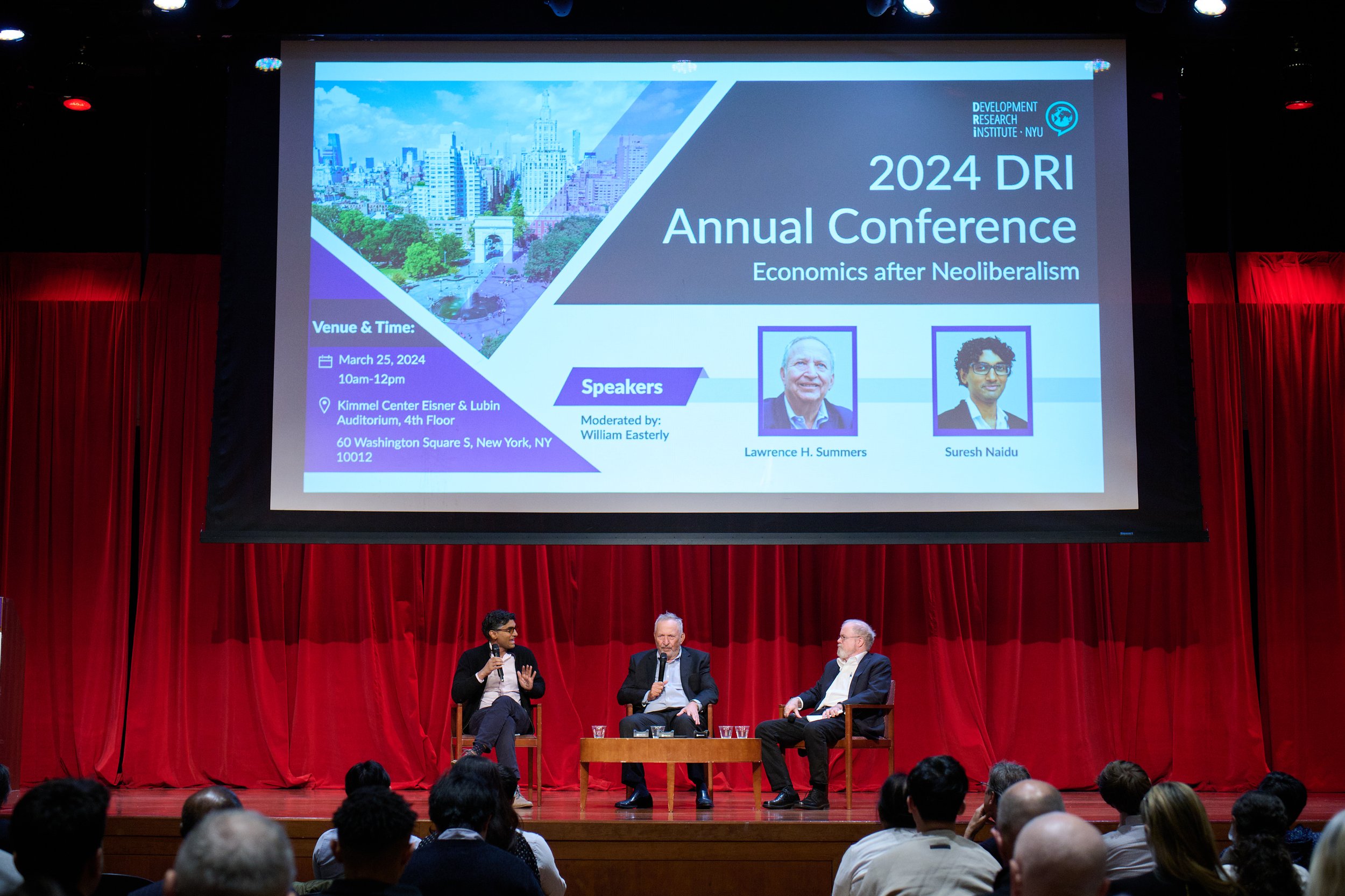
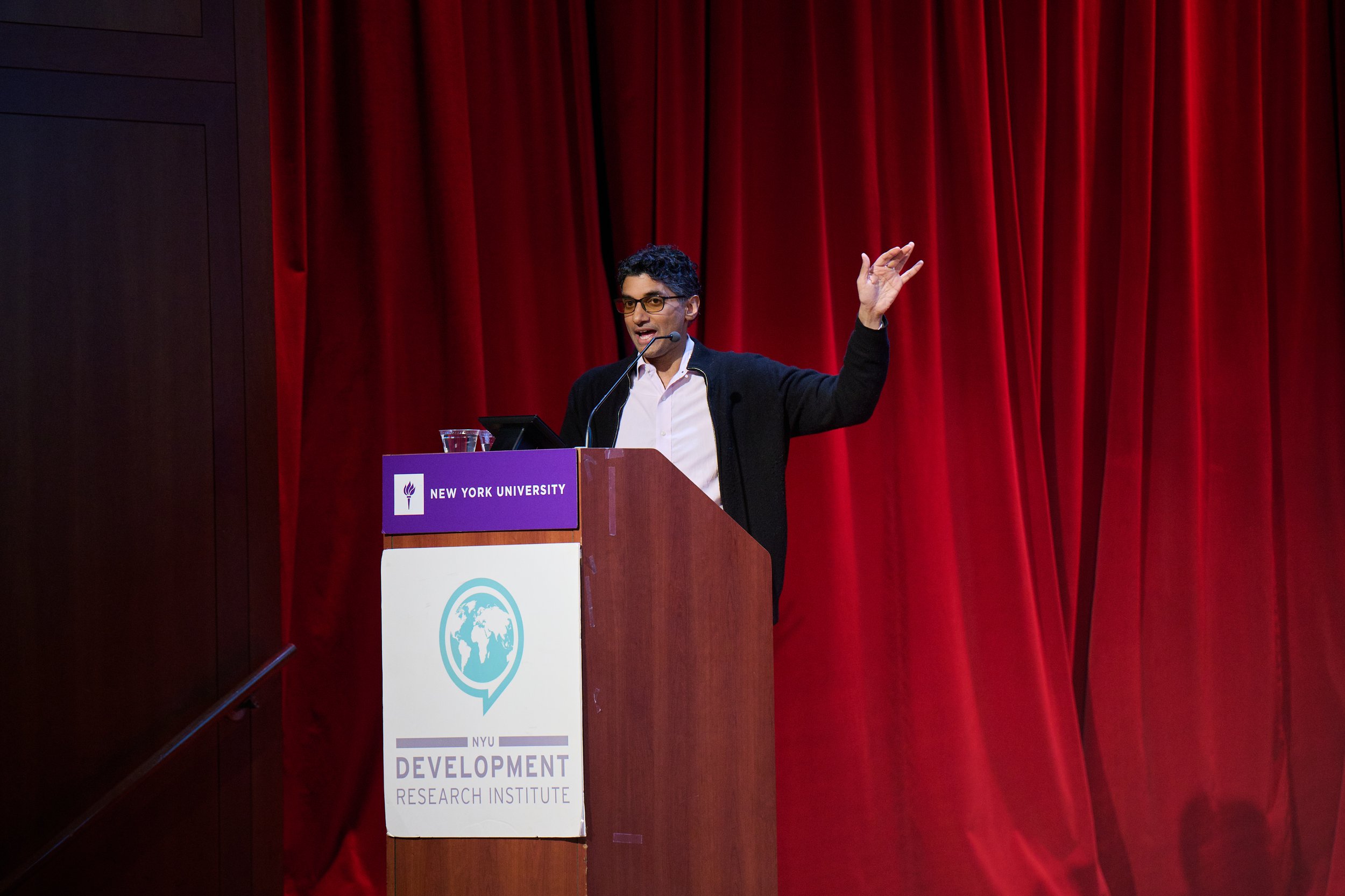
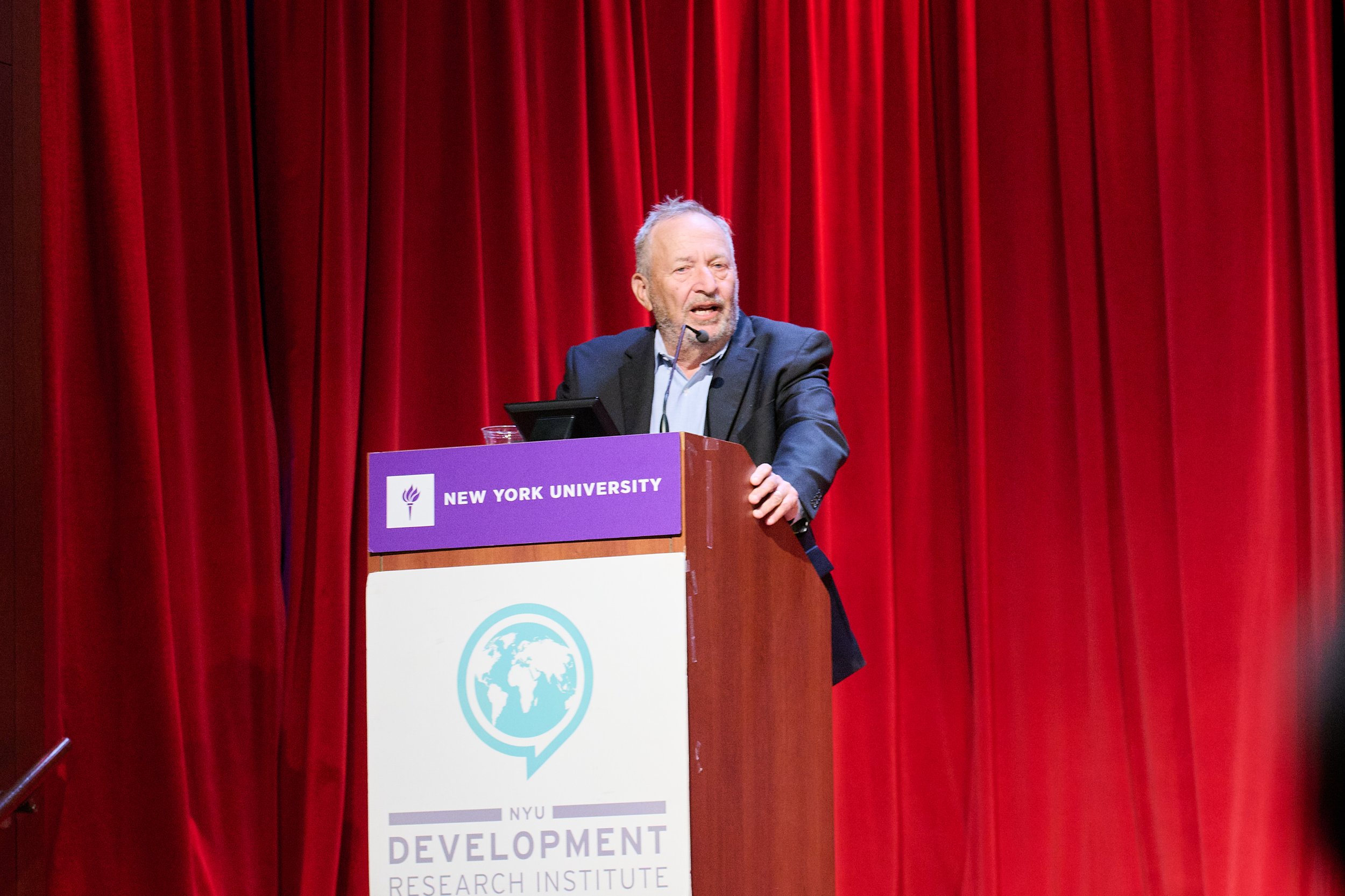
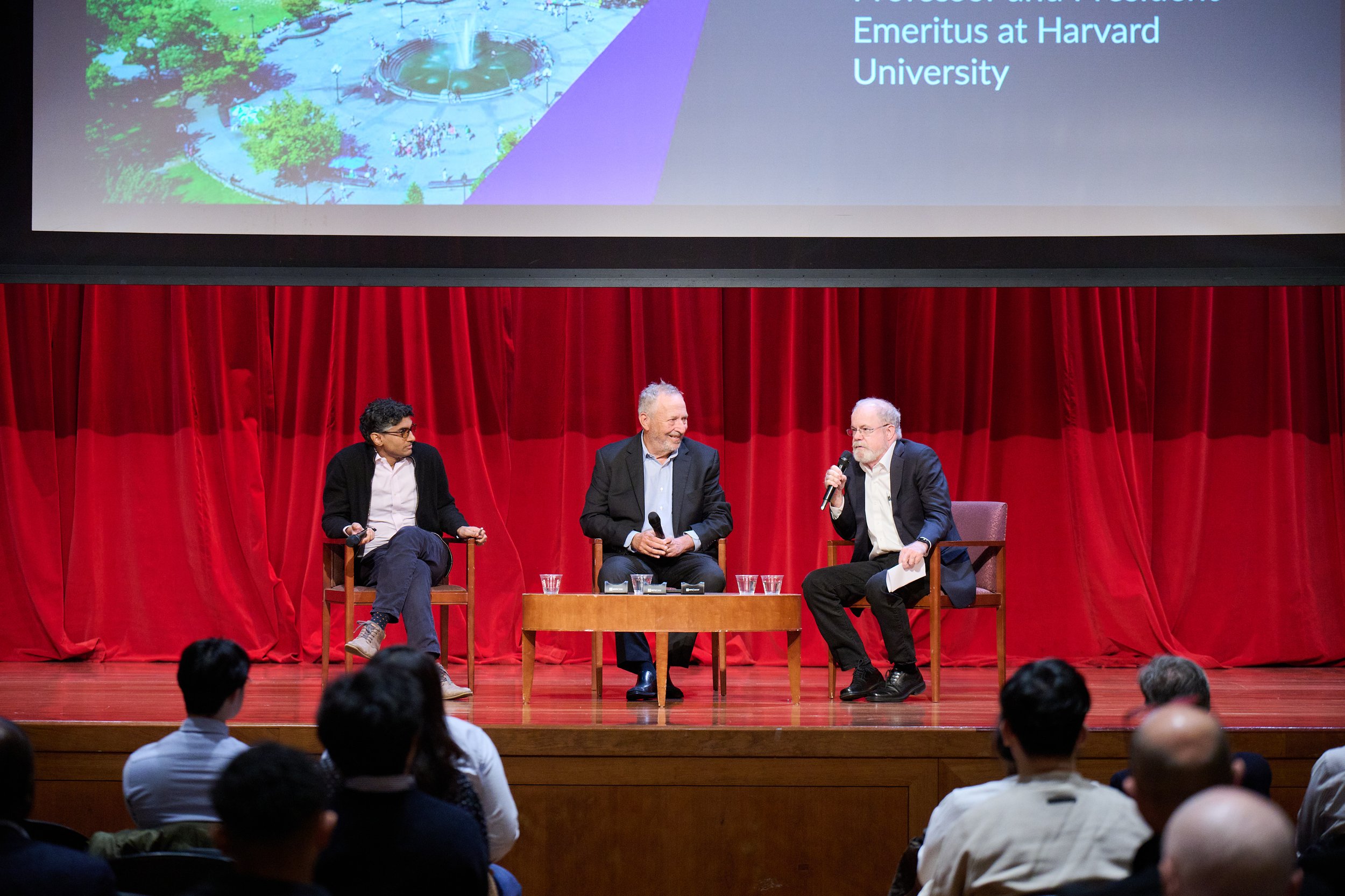
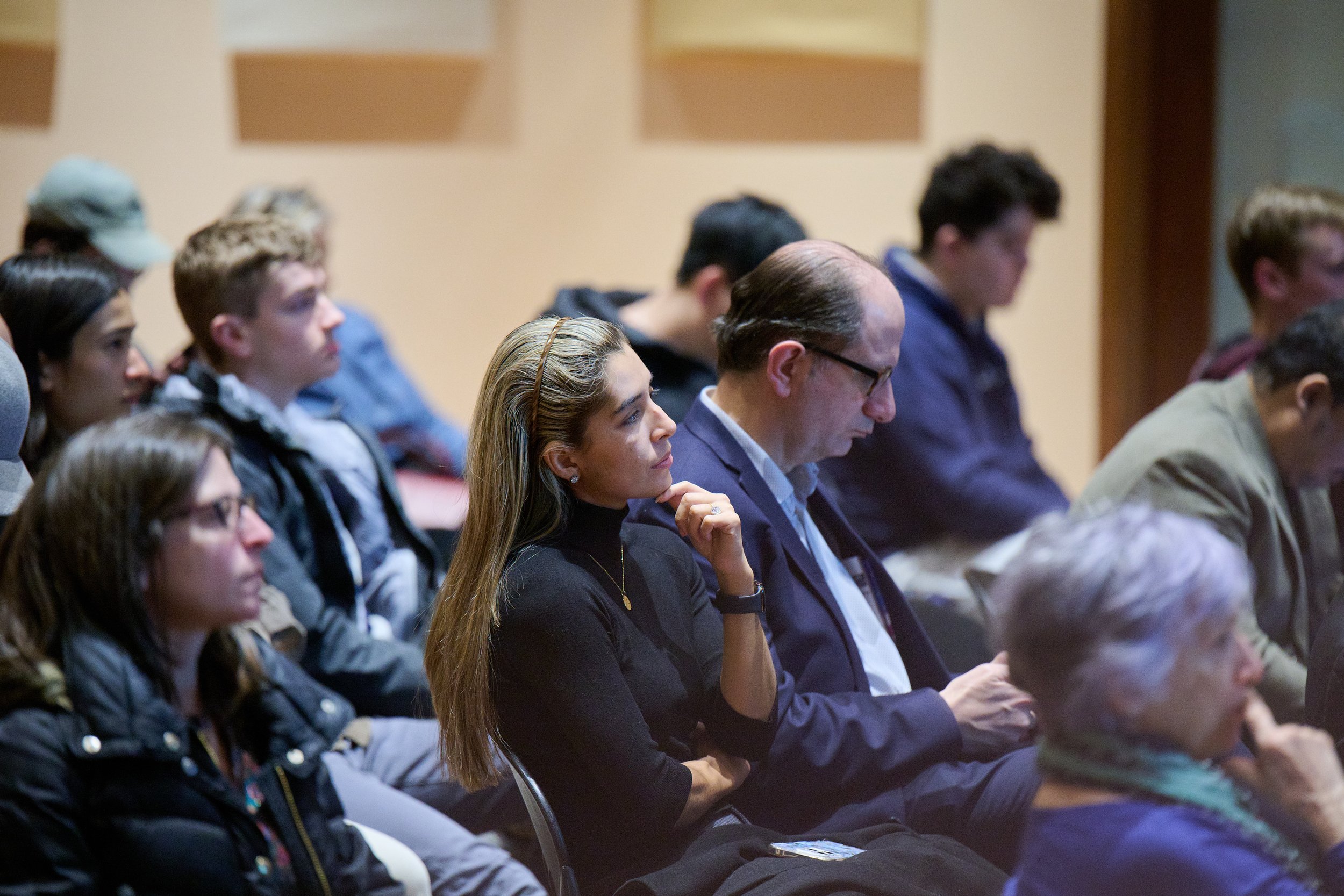
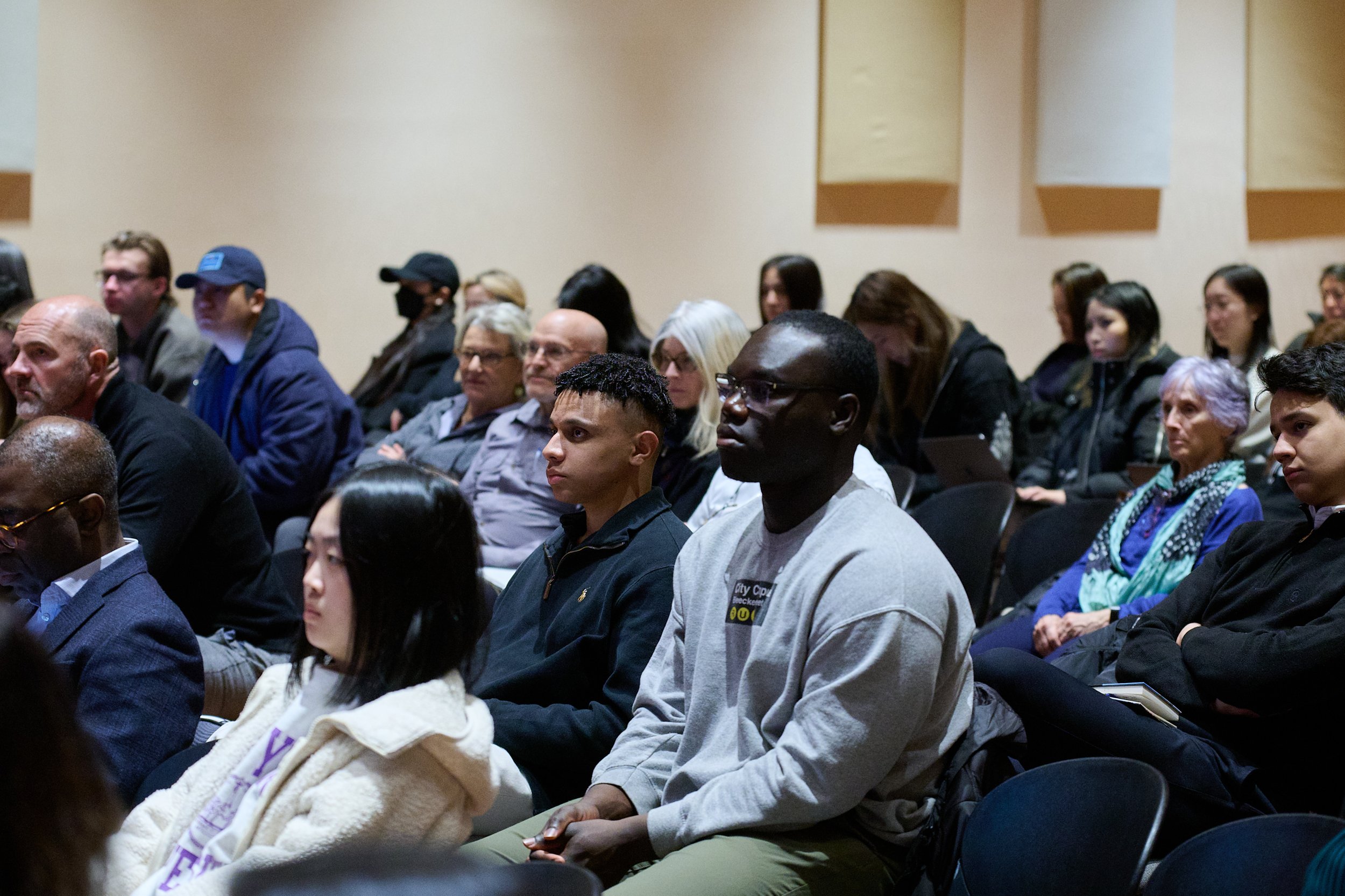
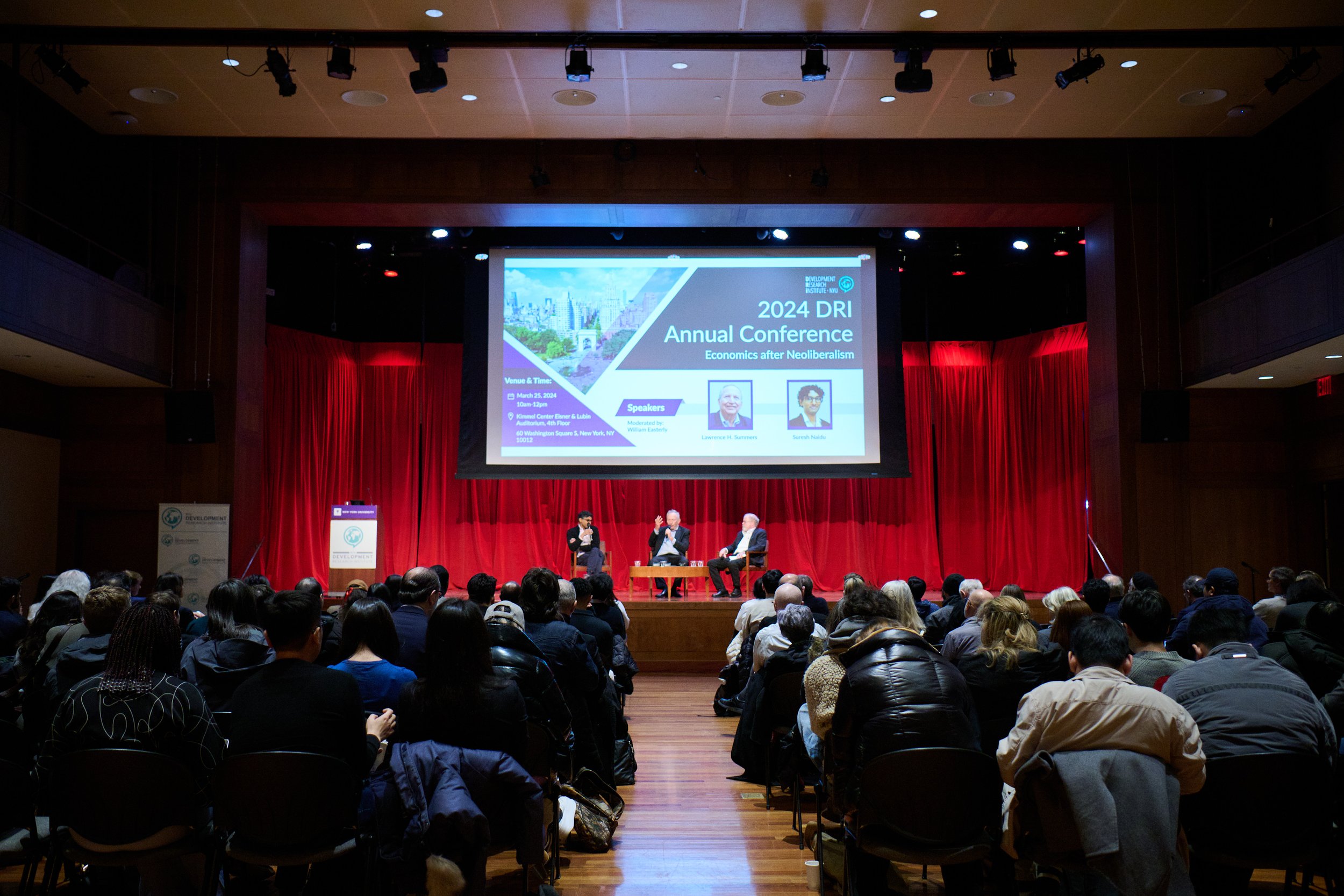
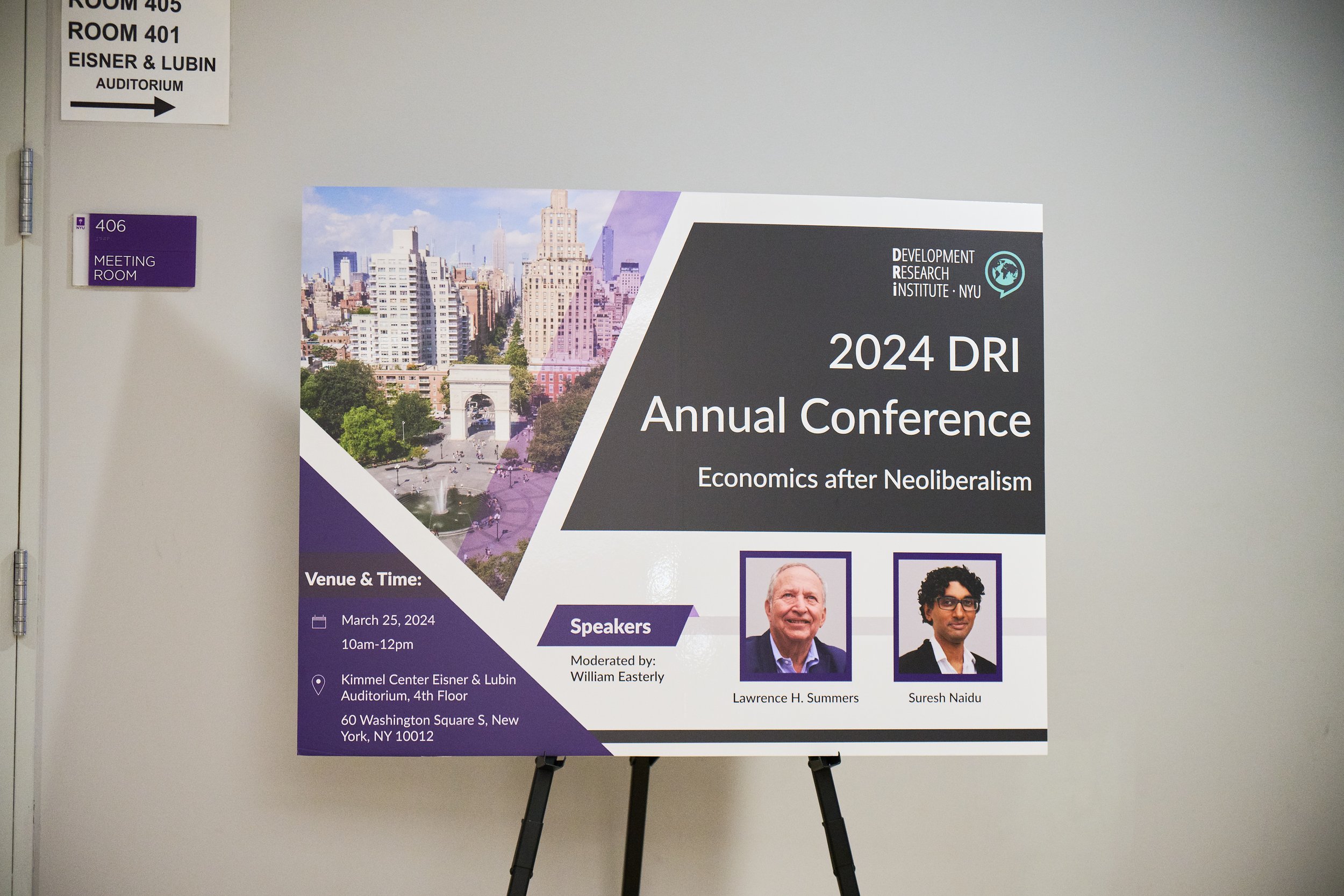
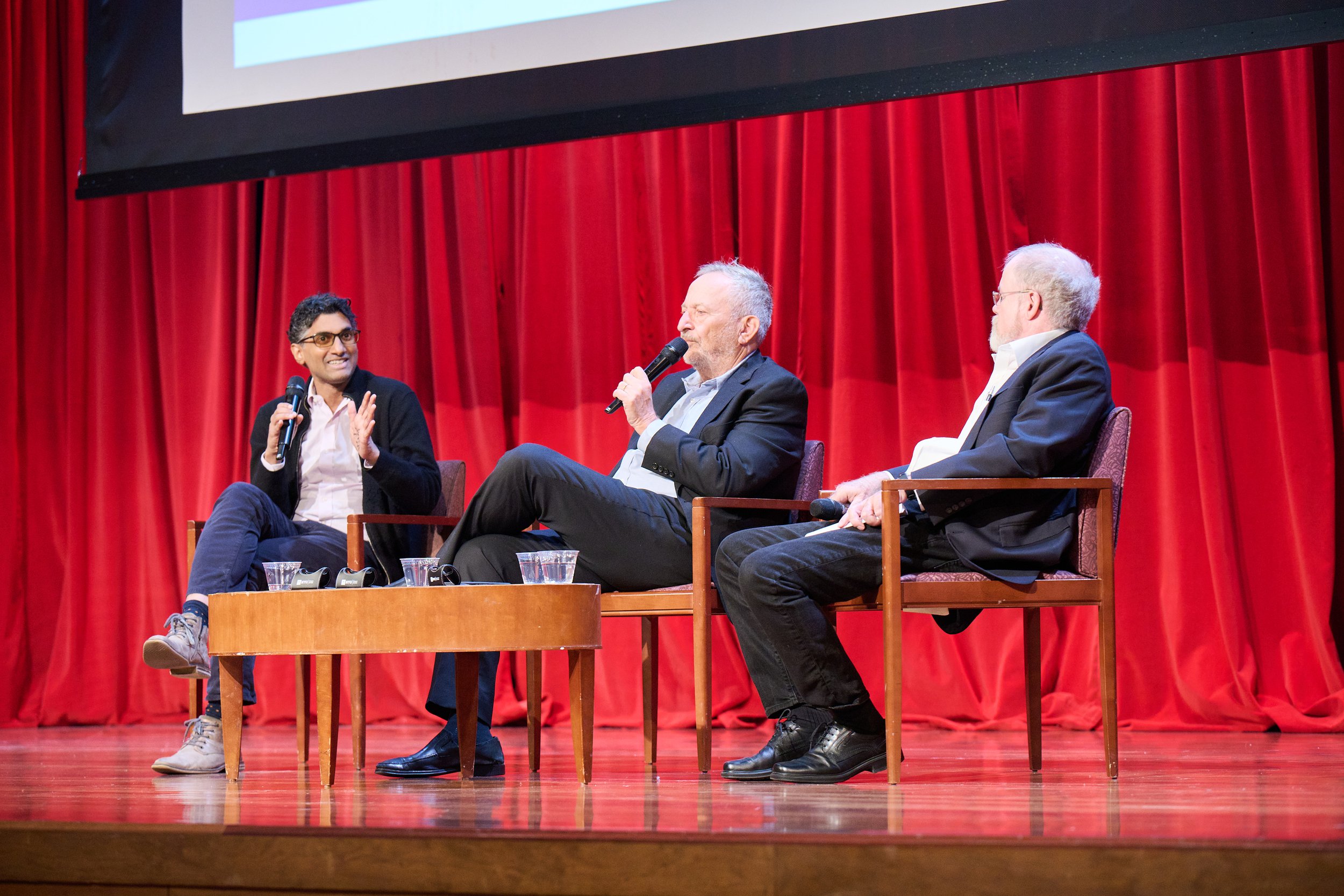
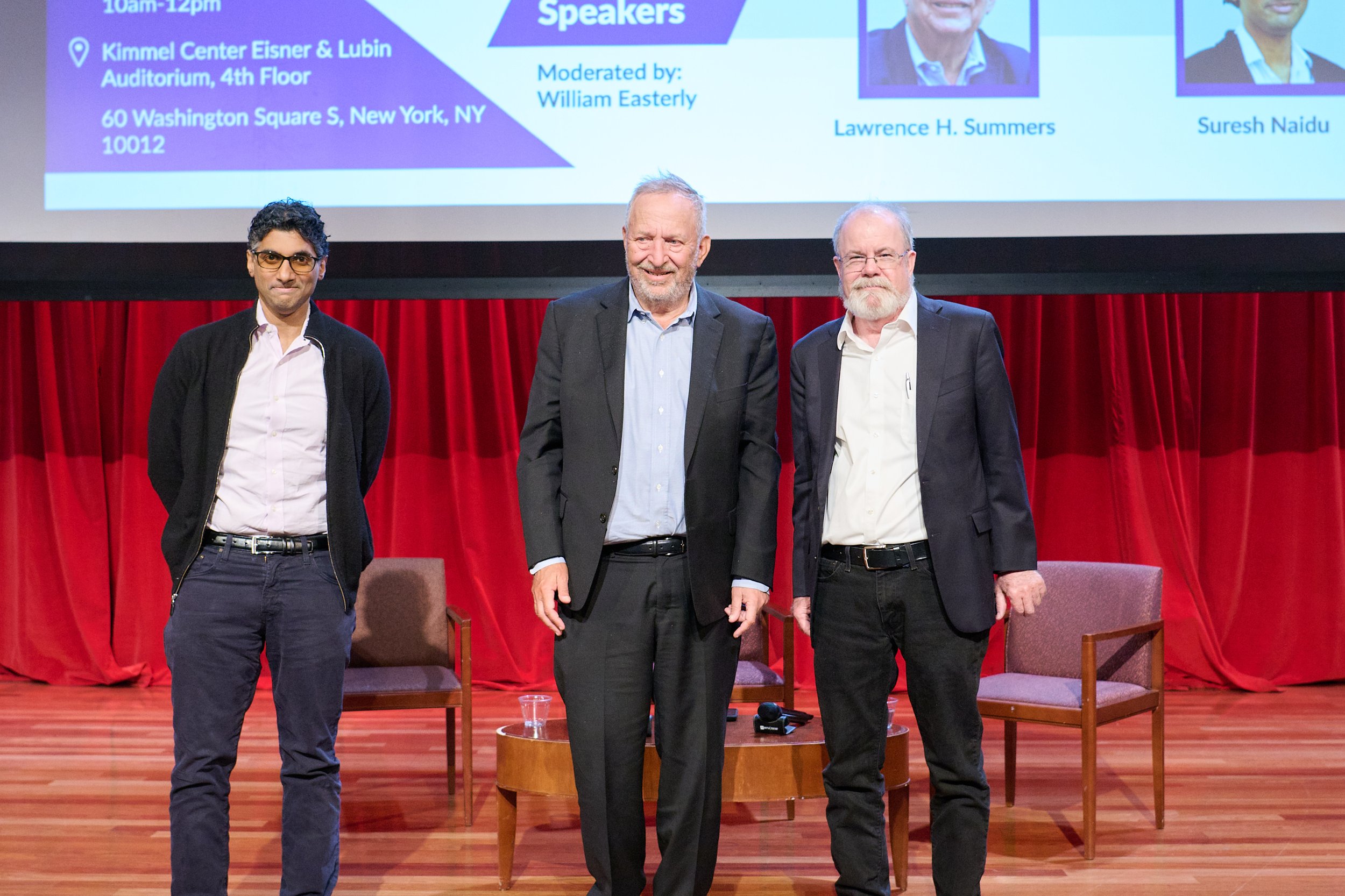
© Jolly: Courtesy of NYU Photo Bureau



